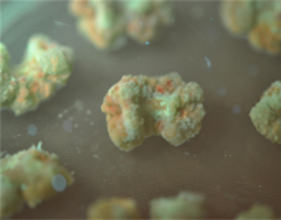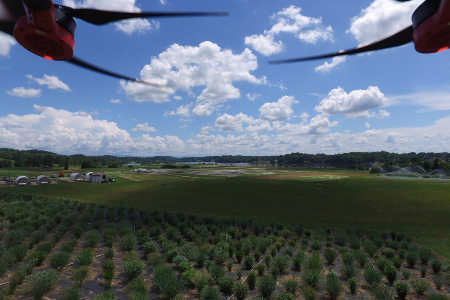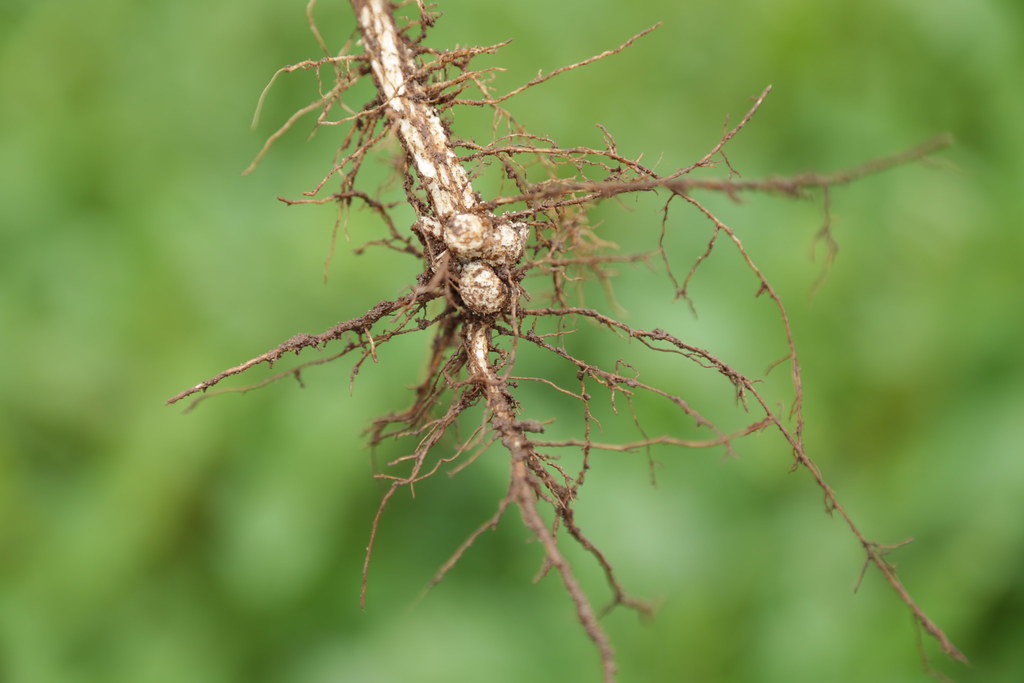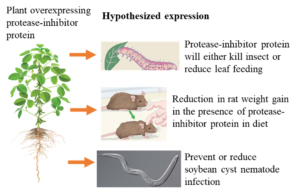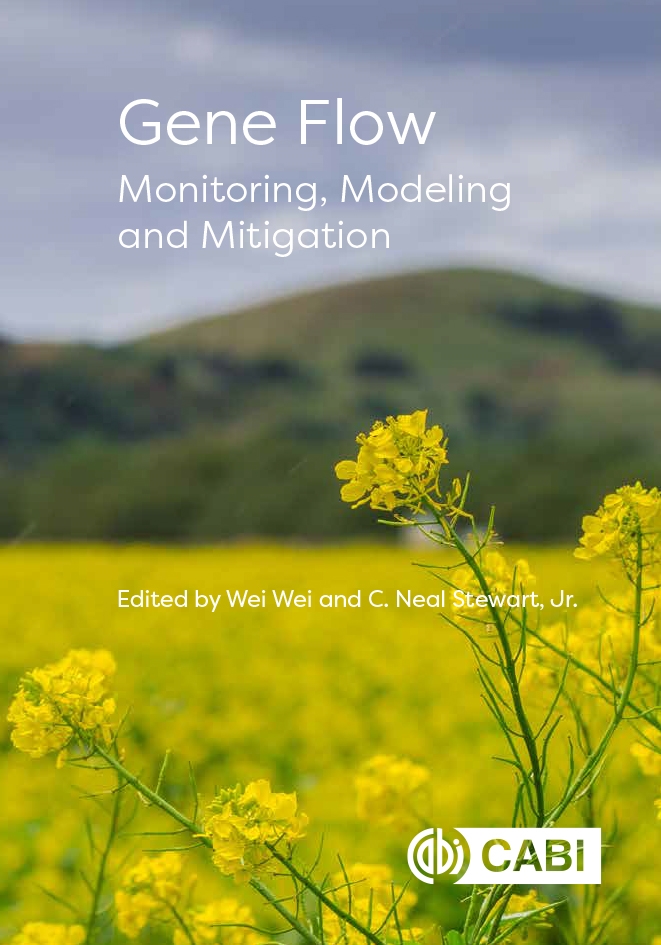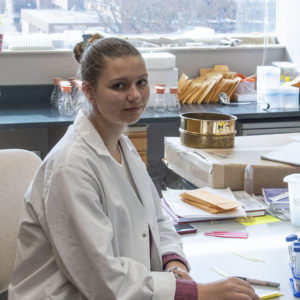Ivan Racheff Chair
Professor Neal Stewart | Projects | Course Documents | People
The Ivan Racheff Chair of Excellence was established in 1987 to honor the late Ivan Racheff, owner of Knoxville Iron Works, now AmeriSteel, and recognizes excellence in both teaching and research in the materials science and engineering disciplines.
Professor Charles “Neal” Stewart assumed the Ivan Racheff Chair of Excellence in Plant Molecular Genetics in 2002. Stewart and his laboratory conduct research in plant molecular genetics, plant biotechnology, risk assessment, and biofuel. This work has been supported by various granting agencies including the Defense Advanced Research Projects Agency and various other US military agencies, Department of Agriculture, Department of Energy, Environmental Protection Agency, National Aeronautics and Space Administration, and National Science Foundation.
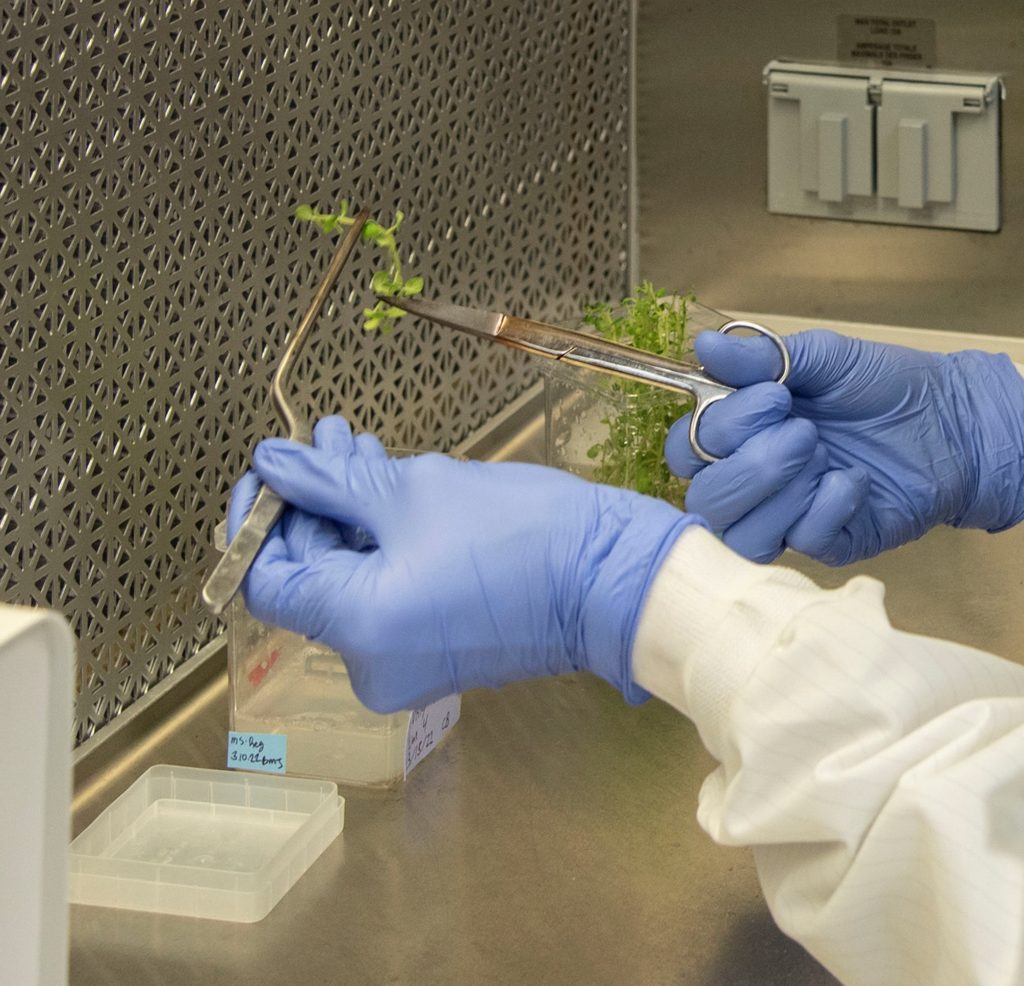
Racheff Chair of Excellence in Plant Molecular Genetics | Plant Biotechnology Building | 2505 E J Chapman Drive | Knoxville, Tennessee 37996
Neal Stewart, Department of Plant Sciences professor, holds the Ivan Racheff Chair of Excellence in Plant Molecular Genetics. He also serves as co-director of the Center for Agricultural Synthetic Biology, which Stewart co-founded in 2018. After completing a Doctorate of Biology in Plant Physiology at Virginia Tech, Stewart joined Professor Wayne Parrott’s laboratory at the University of Georgia as a postdoctoral researcher from 1993 – 1995. He then moved to the University of North Carolina at Greensboro where Stewart was an assistant and then associate professor in the Department of Biology from 1995 – 2002. In 2002, Stewart assumed the Racheff Chair with an appointment as professor.
Stewart has authored or co-authored over 310 journal articles, many book chapters, and nine books. He is co-editor in chief for Plant Cell Reports and is an associate editor for the Plant Biotechnology Journal. Stewart was elected as an American Association for the Advancement of Science fellow in 2015, a Society for In Vitro Biology fellow in 2019, and from 2014 – 2016, served on the National Academies committee responsible for publishing “Genetically Engineered Crops: Experiences and Prospects” in 2016.
Stewart’s research has been supported by various granting agencies including the DARPA, DOE, NSF, USDA, and industry sources. Of the approximately $40 million awarded over the past 25 years in grants and contracts, 5% has had industry ties.
Stewart teaches courses in biotechnology and research ethics. He has mentored over 100 graduate and postdoctoral students and technical staff, most of whom are still in science. Stewart has given scientific and lay presentations around the US and in 16 countries.
Stewart’s hobbies include those in the bioenergy and transportation sectors and boating and swimming in the Tennessee River. Stewart is also a singer-songwriter whose songs can be found on ReverbNation.


